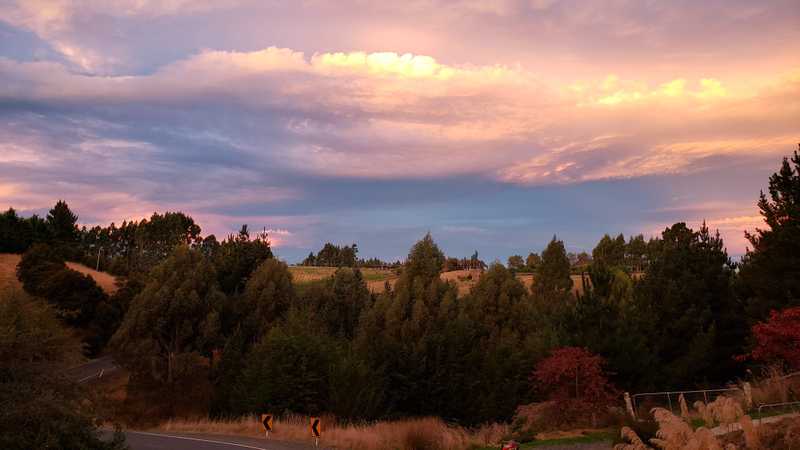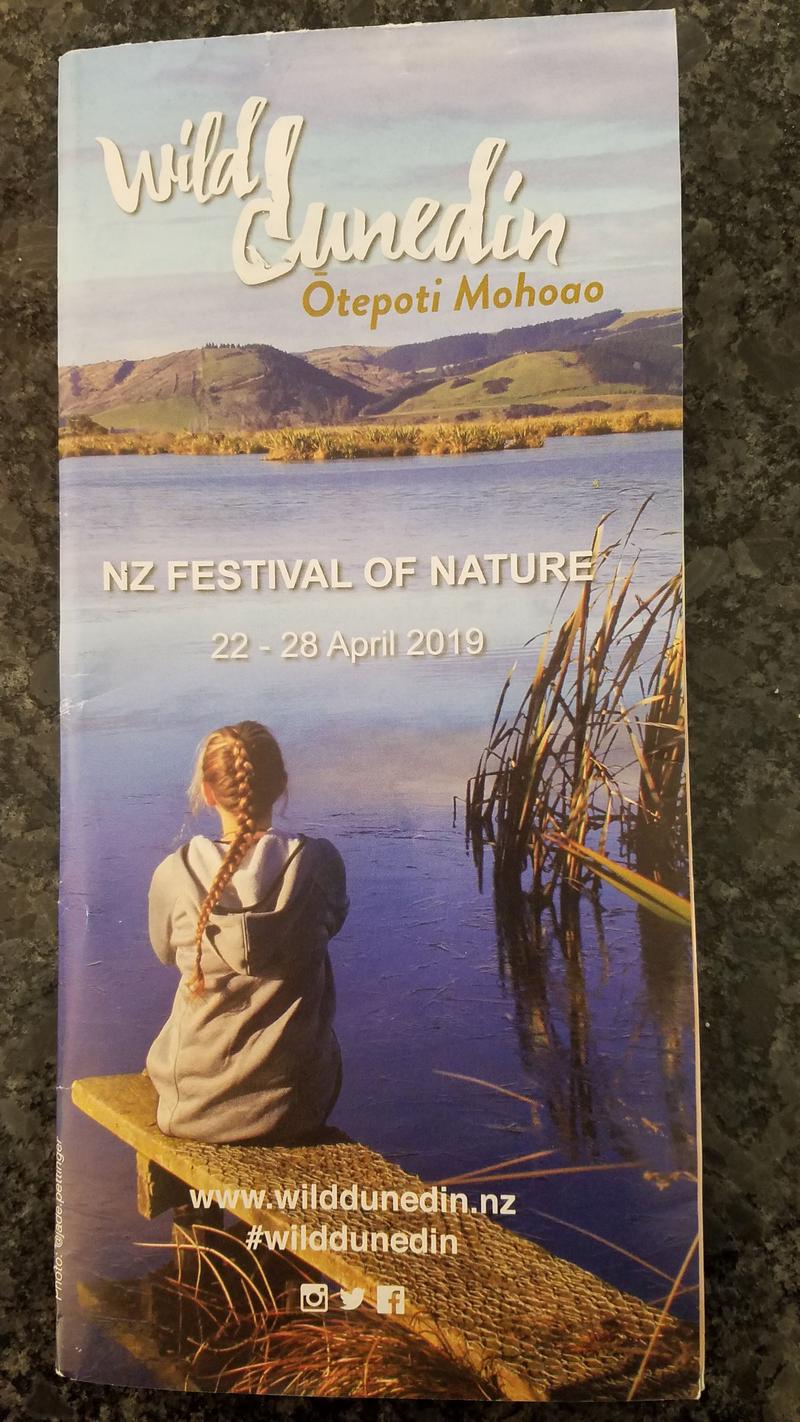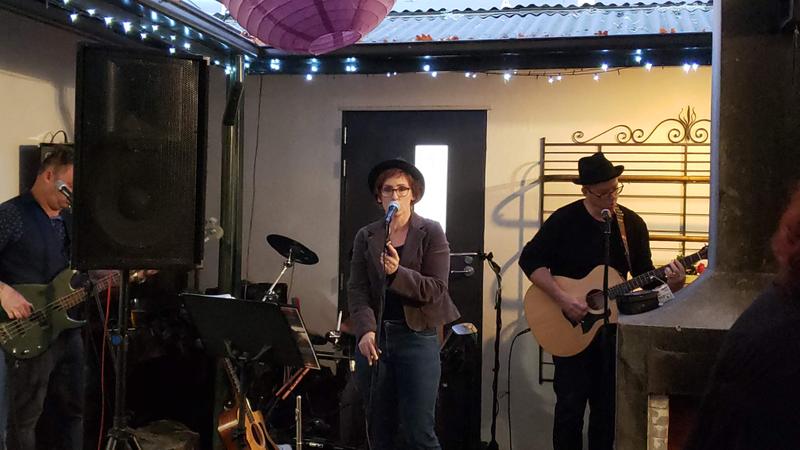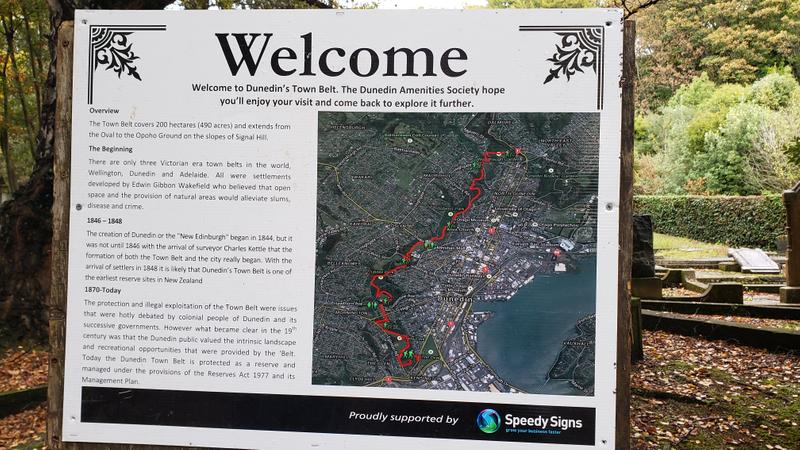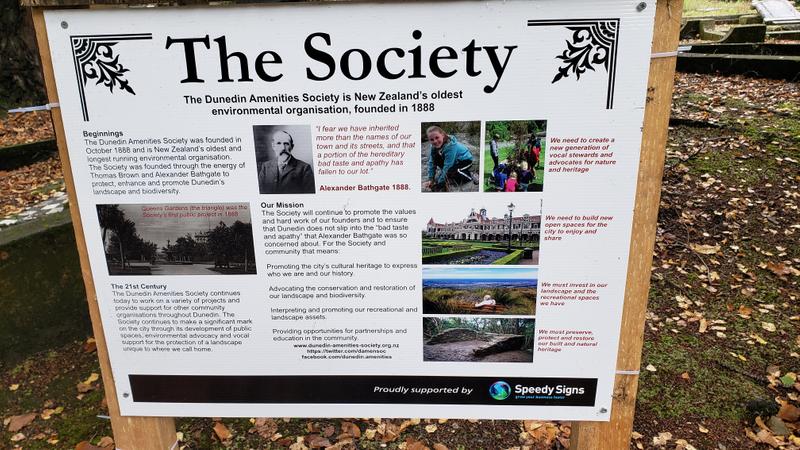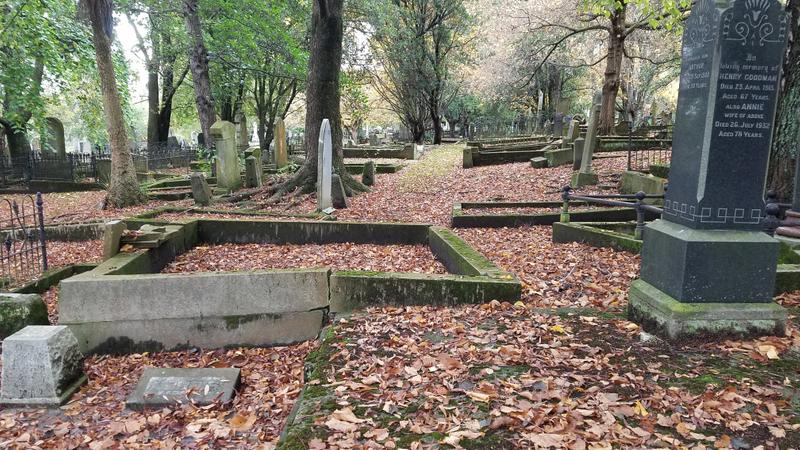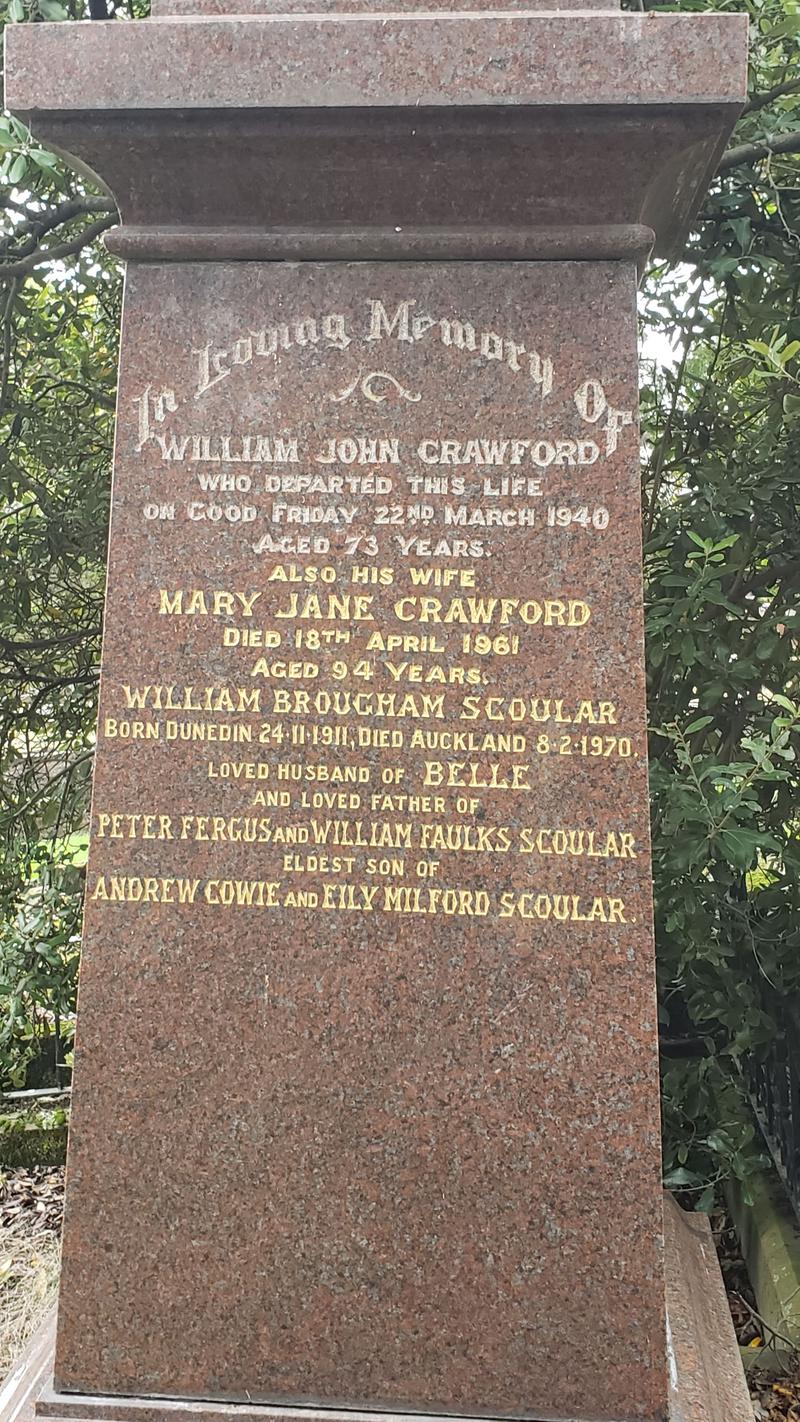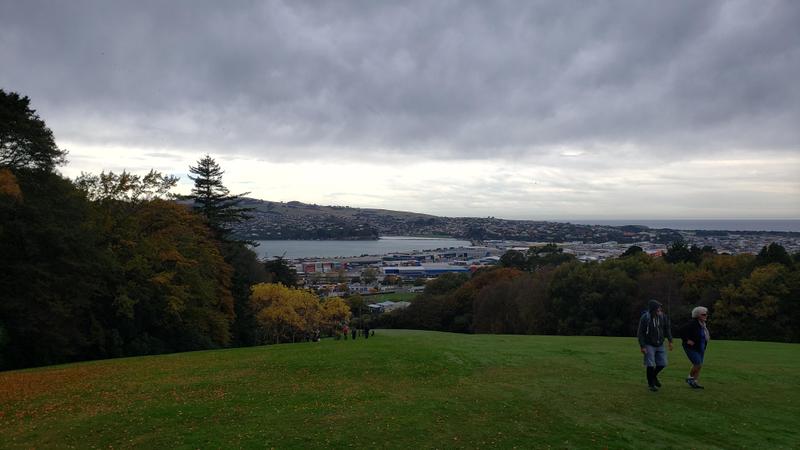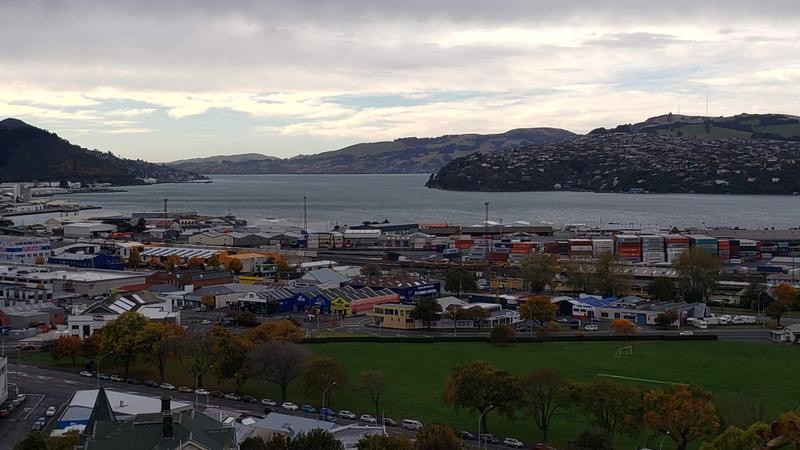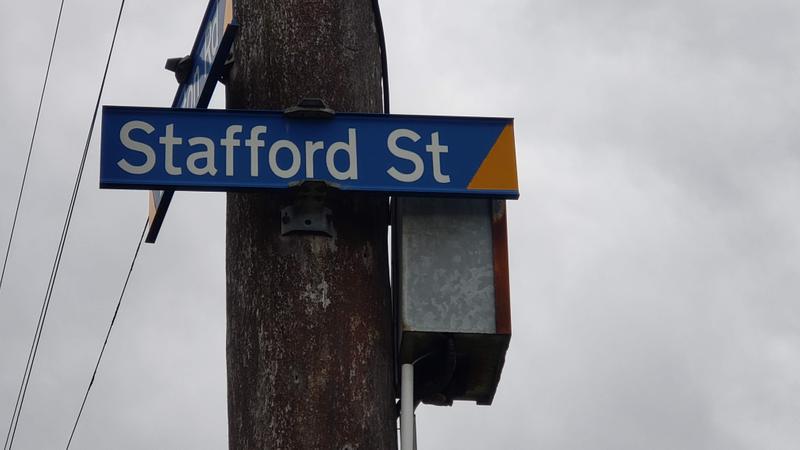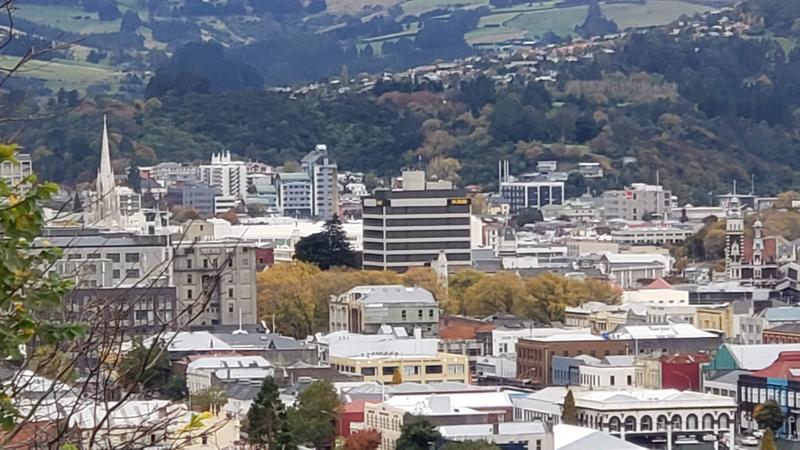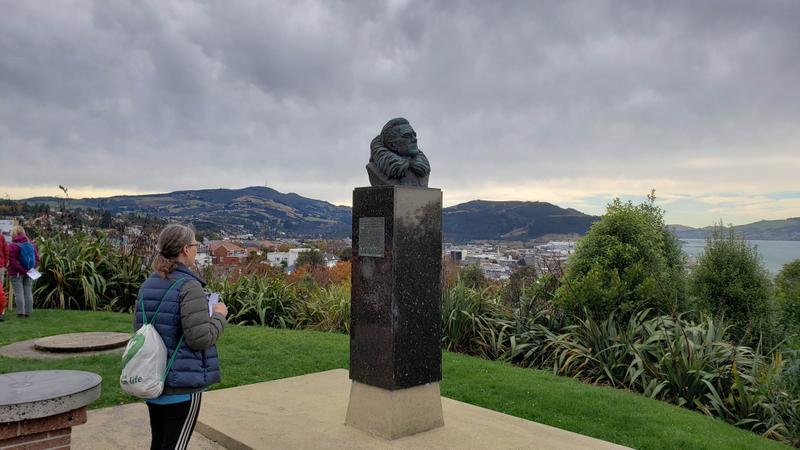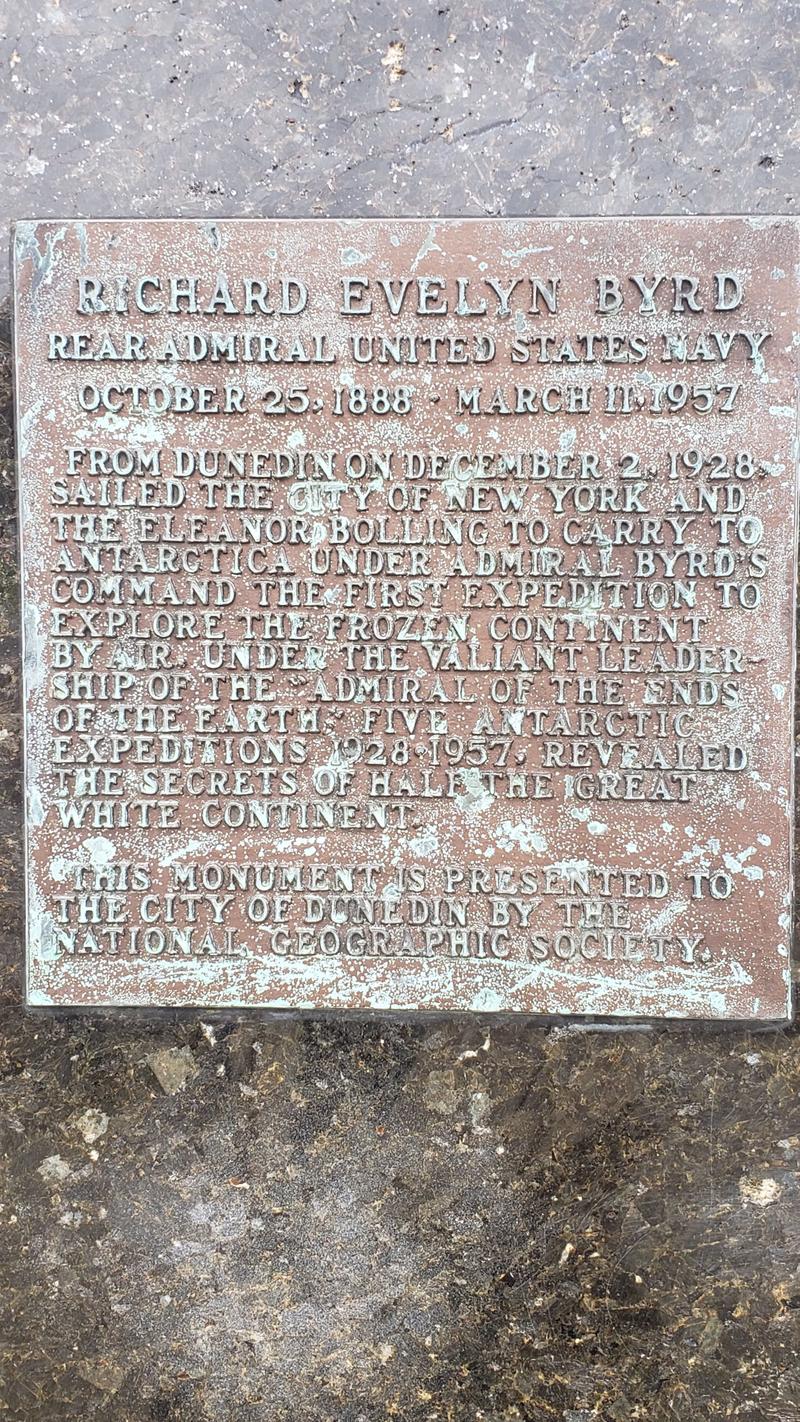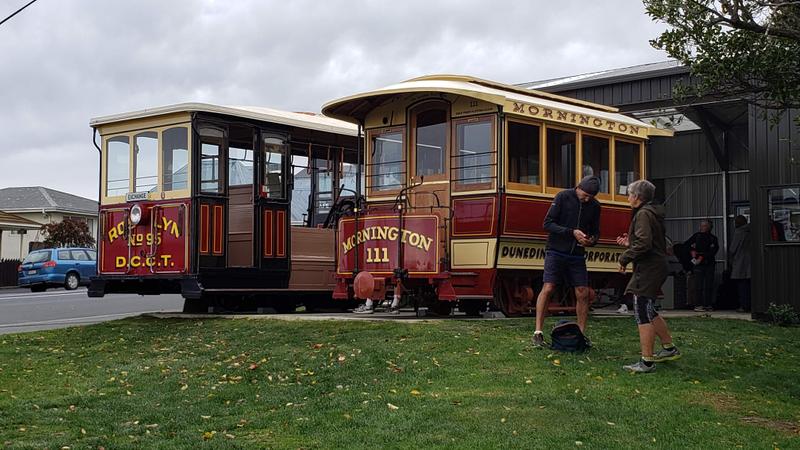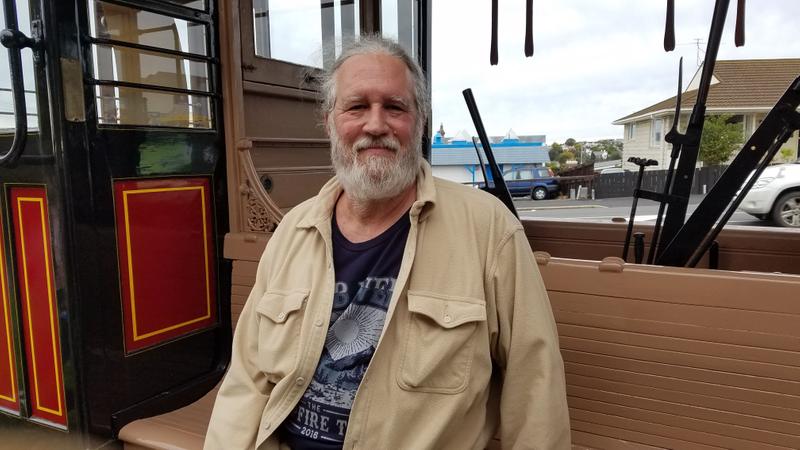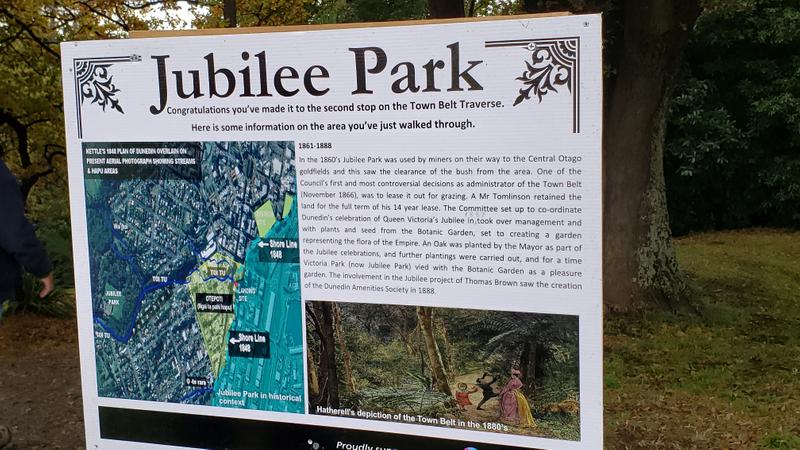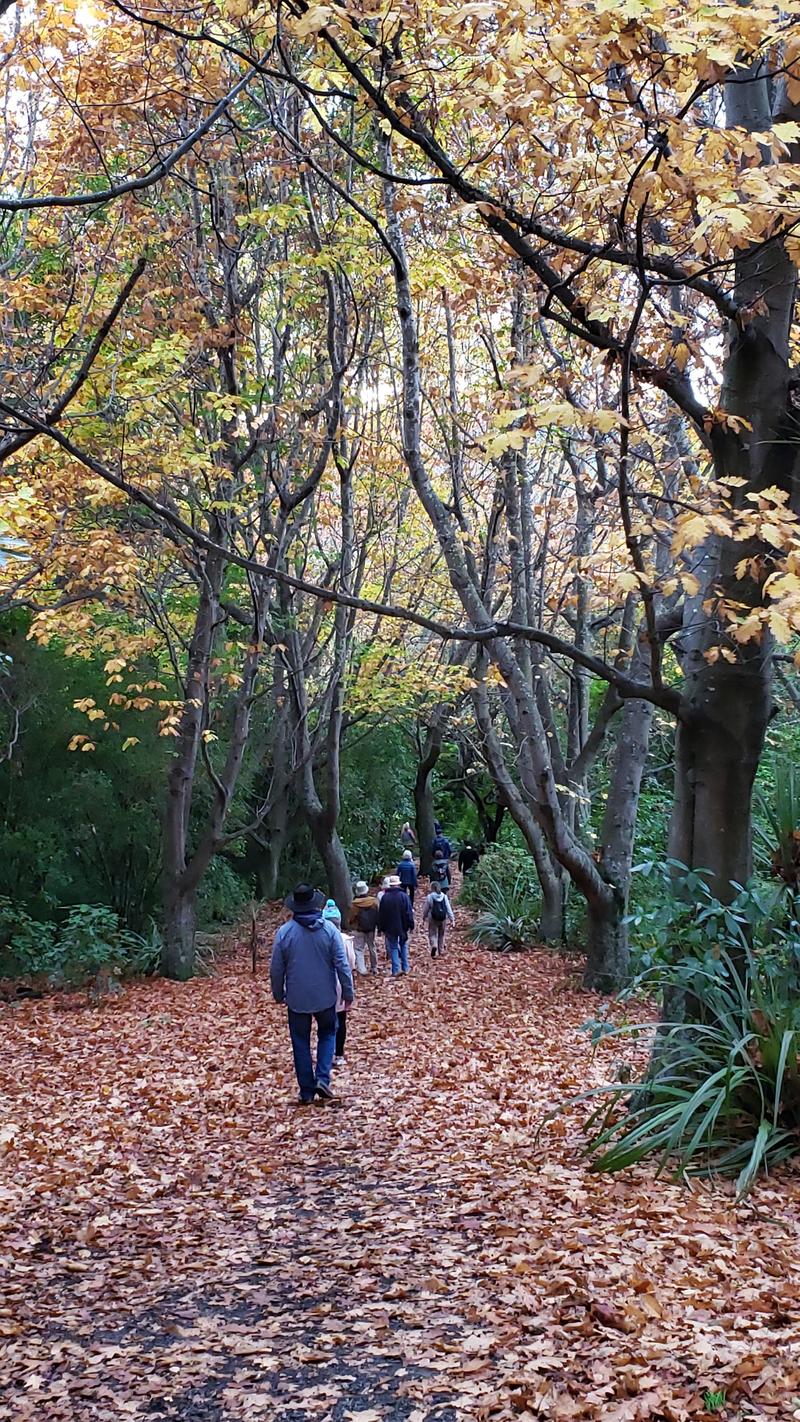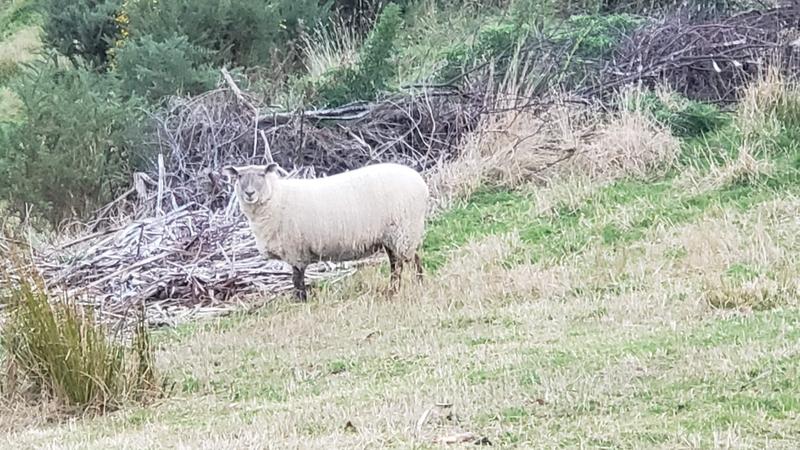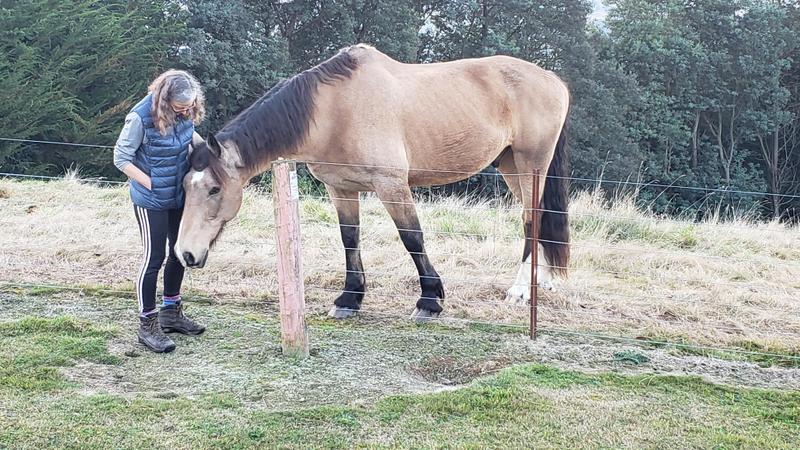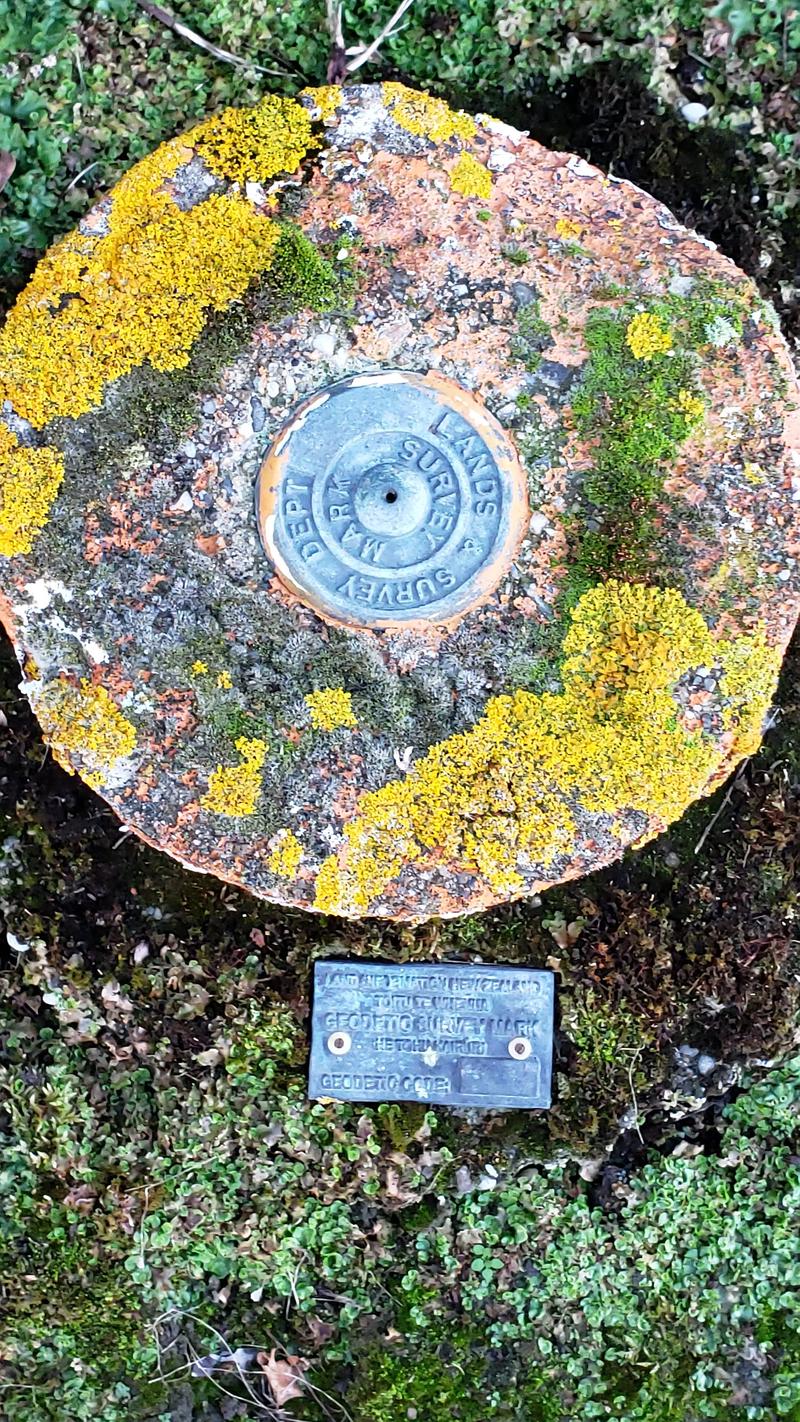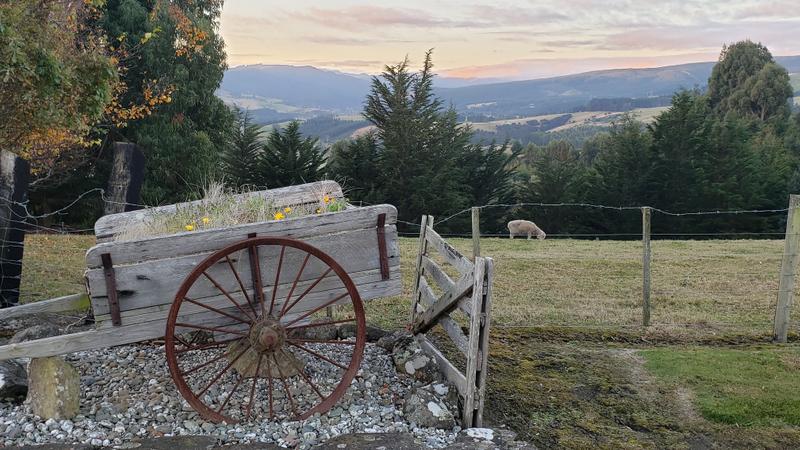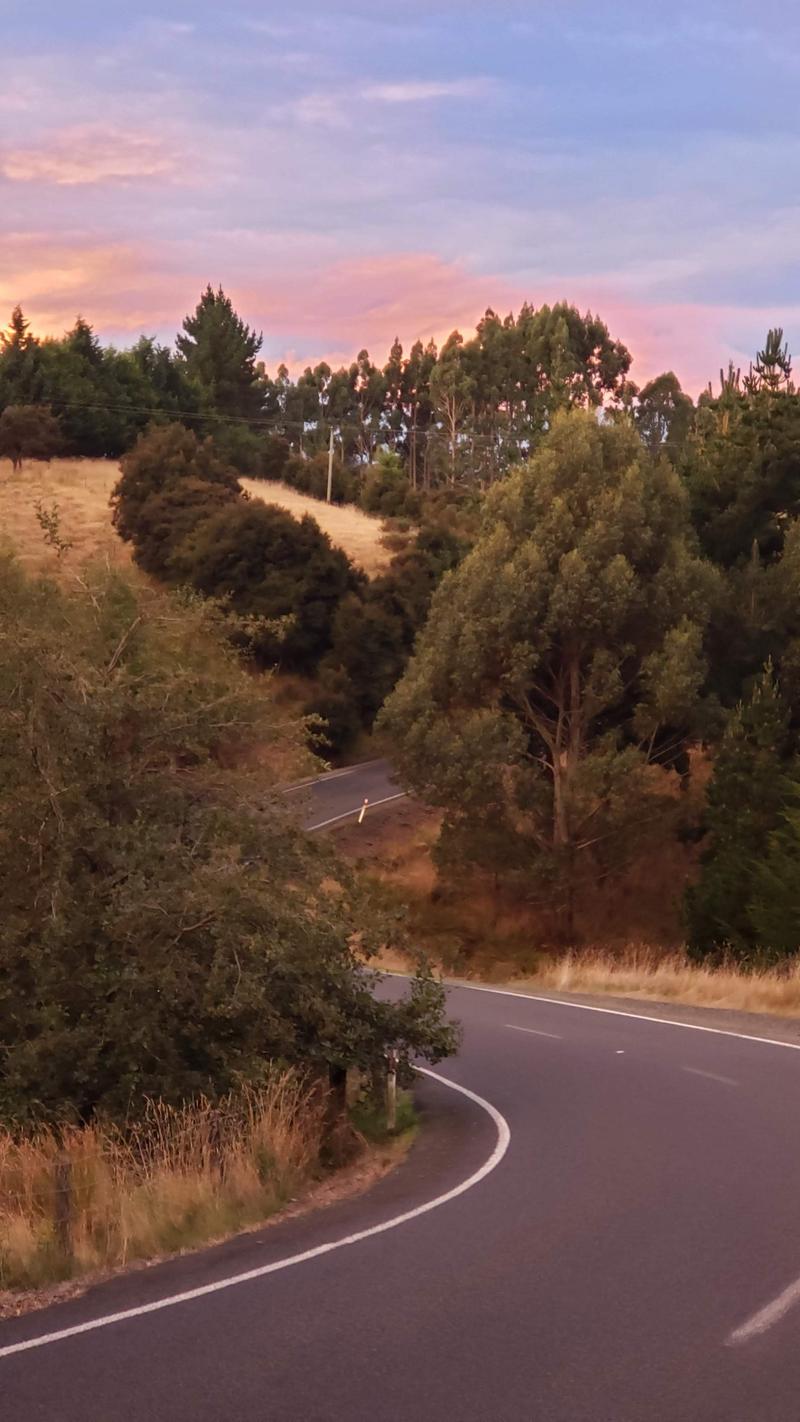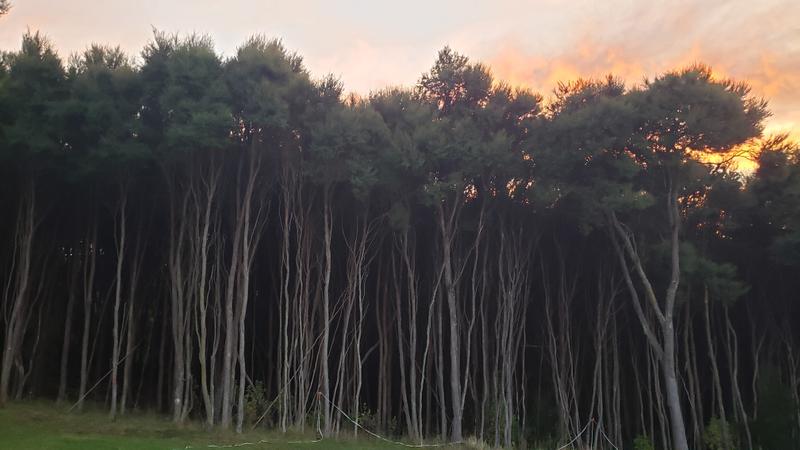"Wild Dunedin" Week 3
It is literally “Wild Dunedin” week here - an annual Festival of Nature taking place the week of Earth Day.
There are a myriad of activities and events celebrating nature and conservation at just about all the centers, museums and venues in town. We hone in on a couple of free offerings.
The first takes us to a local bar / restaurant where graduate students from the University of Otago have 5 minutes to present their “wild” related research. The place is packed. We find it refreshing, entertaining and hopeful to be amidst these young and passionate researchers. The many talks on marine-related subjects transport us back to our own marine research days at UC Santa Barbara, UCLA and UC Davis. We enjoy ourselves enough to justify a return trip a few days later for beer and to see another local band - any excuse will do, really.
On Sunday we choose to walk the “Town Traverse”. This is a community walk in honor of Wild Dunedin week. For 8.2 km (about 5 miles) we walk along roads, paths and the green and natural areas of Dunedin, beginning in the South Cemetery and ending at Woodhaugh Gardens in the North. This Town Belt is one of the only Victorian era green belts in the world and not only is it a lovely hilly hike with incredible views but there are signed historical sites all along the way.
The Dunedin Amenities Society, New Zealand’s oldest environmental group, is putting on the event. As we traverse and learn about Dunedin, our minds’ eyes are mapping a walk through our beautiful Sonoma home - the Plaza, Mountain Cemetery, Overlook Trail, Montini trail, Vallejo’s home, bike path, Maxwell Park, the Springs, SDC, Jack London State Park, Sonoma Valley Regional Park and Sugarloaf State Park. Not sure how far that would be but… anyone up for a stroll when we get home?
As in Sonoma, we are enjoying stepping out the front door here for evening neighborhood walks. This is a rural area and the sunsets are amazing. Most neighbors have paddocks with sheep or horses. One horse is especially friendly (maybe because I smell like donkeys). I just look at his monstrous hooves and am grateful for little donkey hooves.
There are stands of kanuka or tea trees scattered throughout the farm land. Rumor has it that they were once considered scrub and relentlessly removed to clear land for pastures. Today kanuka is recognized for its importance in stabilizing soil and preventing erosion. The stands are dense (and a little creepy). I’ve ventured in there to pick up branches for the donkeys. They strip and eat the bark.
We often remind ourselves, that, unlike Australia, there are NO venomous or poisonous critters lurking about. Whew!
